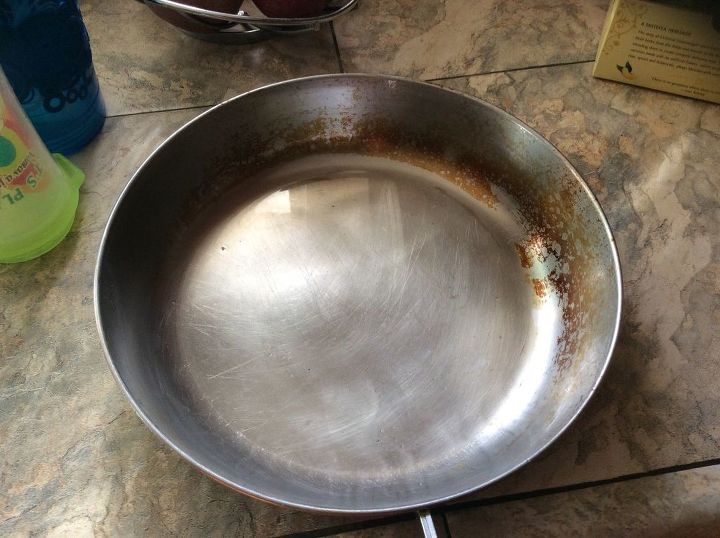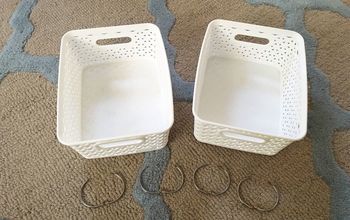How to remove vinyl glue from hardwood floor?

They adhered the vinyl directly to the hardwood with glue- lots and lots of glue. It's still very sticky (I think it's been there for less than 10 years) and super thick- think bubble gum spread across the whole floor, about 1/8 inch deep. Gross.
I've scraped the hardwoods in the kitchen, which was time consuming, but not bad because the glue was so much older...
Is there a way to get the vinyl glue off the dining room floor without softening the floors or manually scraping the entire thing?
Related Discussions
How to clean a mirror without streaks?
Every time I clean my mirrors, they end up having tons of streaks and almost look worse than before I started. What could I use to clean them that won't leave streaks... See more
How to clean burns on stainless steel pans?
Help! I burned my pan. How do I clean stainless steel cookware that's been burned?
How to clean shower doors
How to clean glass shower doors
How to clean hardwood floors in the kitchen?
What is the best way to clean hardwood floors in the kitchen?
How to clean my kitchen cabinets from grease?
My kitchen cabinets are embarrassingly greasy. Please share your degreasing tips with me so I don't have to cringe every time I glance at my cabinets.
How do I remove spilled dried gel nail polish from hard wood floors?
How do you remove a dark water stain from a "blonde" hard wood floor?
Would like to know how to restore hardwood floors without sanding? I have a "blonde" hardwood floor that has a dark water stain and I would like to repair it quickly ... See more


Removing Glue and Adhesive From Hardwood Floors
I tried a few things & discovered that with mineral spirits my old glue came up w/almost no wait time & not much effort with a 5 in one
Use the acetone sparingly. Good luck
https://www.lepage.ca/en/know-how/hardwood-floors.html